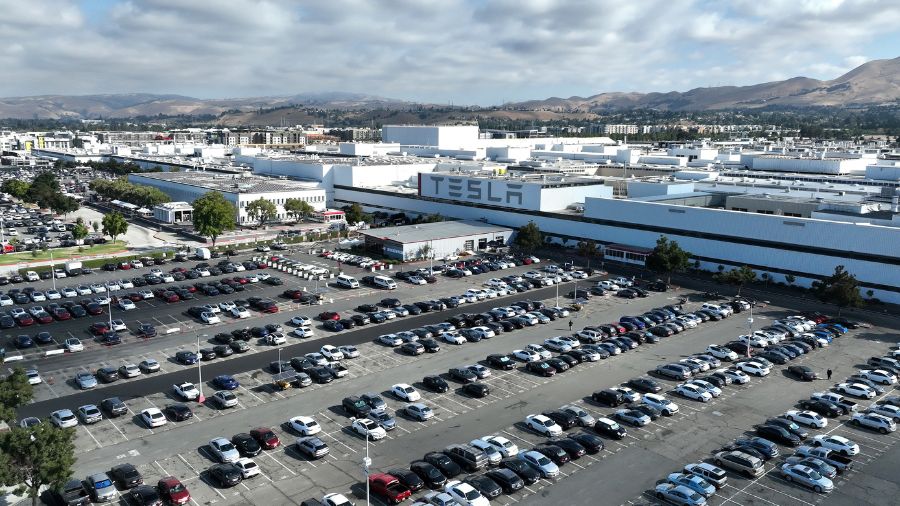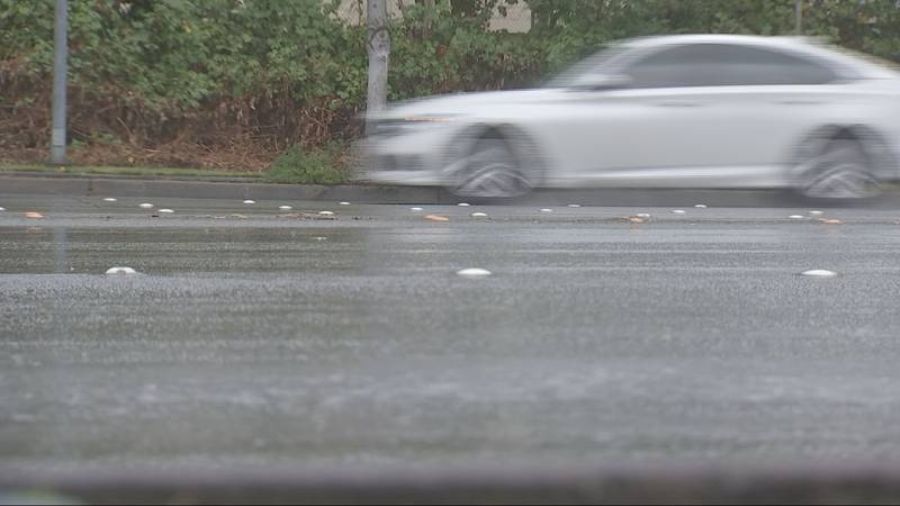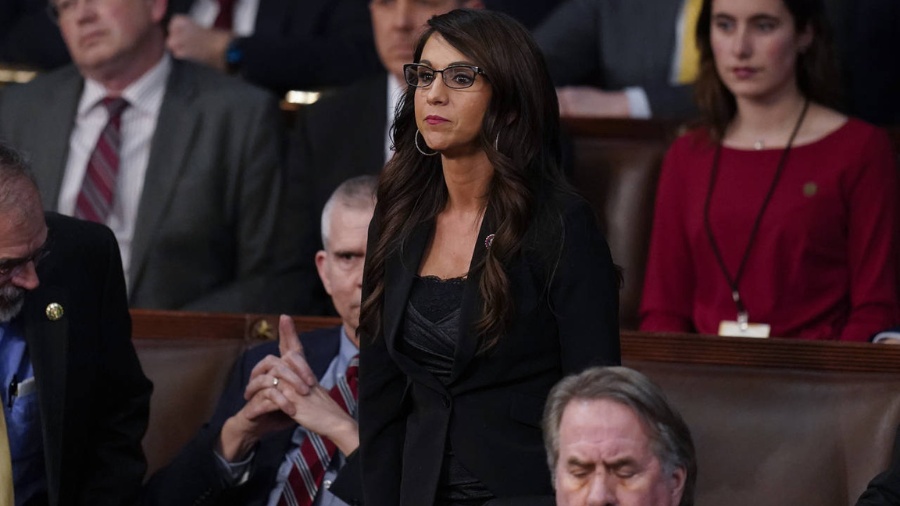Has lockdown been more ‘wasted time’ than waste of time?
May 26, 2020, 12:02 PM
In Washington state and around the country, the first lockdown is still in progress. The original hope of these orders was to control the virus and save the economy, but Michael Hiltzik, a business columnist for the LA Times, says it’s not quite working that way.
What can we expect from COVID-19 outbreak with summer looming?
“The reason that we basically put the entire economy … into a deep freeze was to give us time to prepare and respond to the pandemic, that is to give our hospitals and our first responders time to get ready for a flood of sick, desperately ill people, and to get in place all the measures that we need to have in order to deal with this infection and contagion going forward,” he told Seattle’s Morning News on KIRO Radio. “And we haven’t done really any of that.”
There is still not a testing system in place that’s “suitable and adequate and rational,” Hiltzik added. He sees this lockdown not as a waste of time, but as wasted time.
“We don’t have the sort of leadership that we need to make sure that the entire country, every state, and most of our citizens, are responding properly and safely to this,” he said. “So, yeah, we squandered the opportunity that we were creating for ourselves by shutting down the economy and keeping people at home.”
Now, as stay-at-home orders extend, people are understandably frustrated and fatigued with the lockdown itself. But in terms of economic recovery, even as businesses and restaurants reopen, many people won’t be coming back to the marketplace until they feel safe.
“I think that’s another artifact of the situation we’re in,” Hiltzik said. “… Government can’t actually reopen the economy. Government can’t restore things. Only consumers can do it by deciding that it’s safe enough and proper enough to go outside, to go to restaurants, to go back into retail stores.”
This return has been slow as most people are still not convinced that it’s safe enough yet, and won’t be without increased testing capacity and continued decreases in new cases.
“Testing on the scale that was necessary, and that in fact was promised us, is not rocket science,” Hiltzik said. “Other countries, including Canada, Taiwan, South Korea, they’ve done it, they have enough tests, they know how to administer them. They know who to administer them to, and as a result, their infection and death rates are far lower than ours.”
Sen. Murray calls for ‘national plan and a national strategic goal’ to reopen
Tests don’t just help individuals to know where they stand, if they’re infected or not, but it’s important for public health. Scientists and health officials are learning more about COVID-19, but over the past few months, as Hiltzik pointed out, the real problem has been concentrated, “super spreader” events, typically indoors, in densely packed spaces.
“So if we know where those situations are and what the consequences are, we can respond,” he said. “We can find people who have been exposed. We can have them quarantined or quarantine them as necessary, and we can cut way down on the level of infection. We’re not doing that, and as a result, that’s why we had to shut down the entire economy because we couldn’t pinpoint the areas of greatest risk and the areas of greatest safety.”
The point of the lock-down, Hiltzik said, was to set up this kind of system, but it still isn’t there.
“As a result, people who are just going out on routine errands or thinking about going to work in offices or other workplaces are shy about doing that because they don’t know what the risk is,” he said. “But we could have done that. We could still do it.”
States that are opening are risking a surge in infections that the health care system simply won’t be prepared to handle. Alabama, as an example, is now seeing hospitals in Montgomery overwhelmed after opening up and letting people return to normal life.
“That’s what we risk in any state that really doesn’t pay attention to the way it should be operated.”
Listen to Seattle’s Morning News weekday mornings from 5 – 9 a.m. on KIRO Radio, 97.3 FM. Subscribe to the podcast here.














